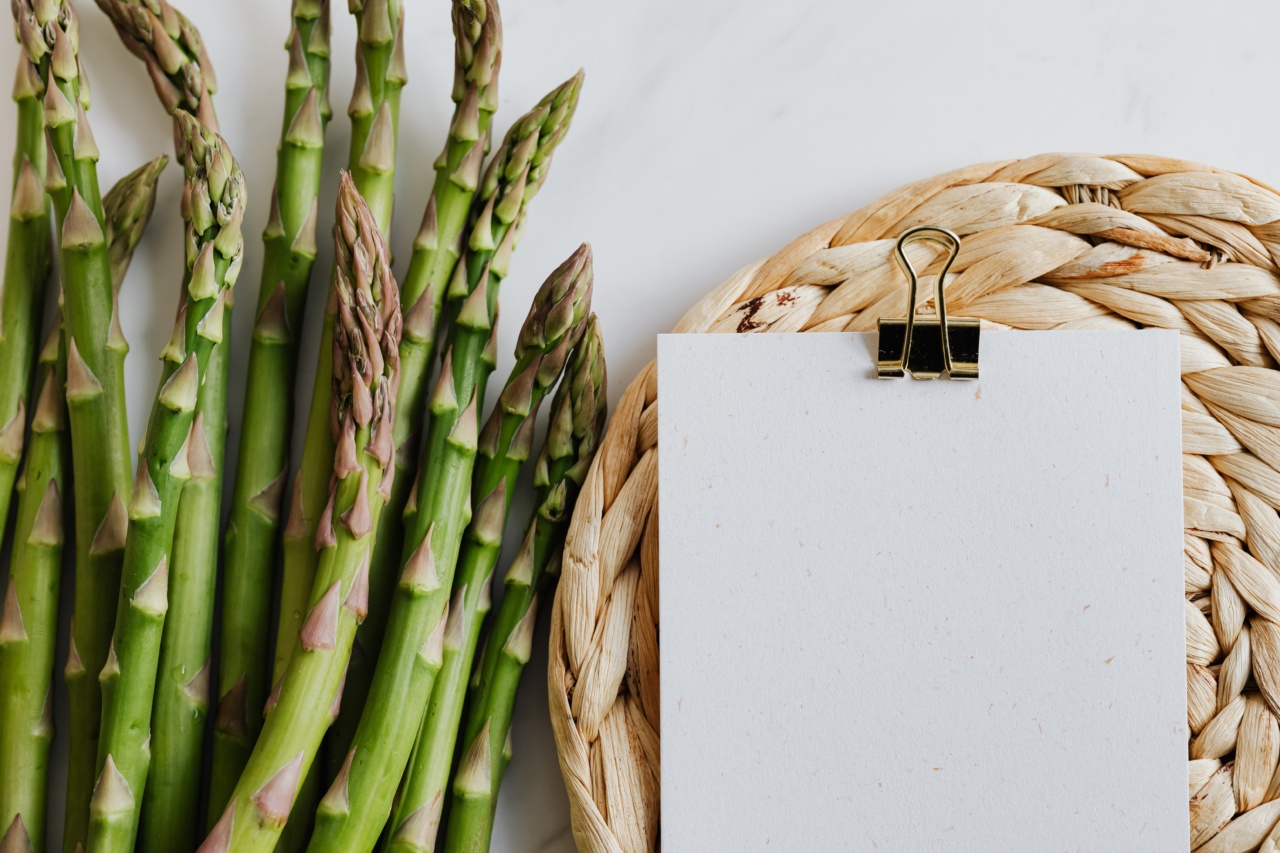Are you tired of feeling bloated and uncomfortable after every meal? Bloating is a common digestive issue that can leave you feeling heavy, gassy, and even in pain.
While occasional bloating is normal, there are certain foods that are known to exacerbate bloating and should be avoided or consumed in moderation. In this article, we will explore the ultimate list of bloating foods to avoid to support a healthier digestive system.
1. Cruciferous Vegetables
Cruciferous vegetables like broccoli, cauliflower, cabbage, and Brussels sprouts are packed with fiber and essential nutrients. However, they are also notorious for causing bloating and gas.
These vegetables contain a carbohydrate called raffinose, which is difficult for the body to digest and can ferment in the gut. If you experience regular bloating, consider limiting your intake of these vegetables or cooking them thoroughly to make them easier to digest.
2. Legumes
Beans, lentils, and chickpeas are excellent sources of plant-based protein and fiber. However, they also contain high amounts of oligosaccharides, a type of carbohydrate that can be difficult for the body to break down.
This can result in bloating and gas. To reduce the bloating effect, soak legumes overnight before cooking or opt for canned versions that have been pre-soaked and rinsed.
3. Carbonated Drinks
Carbonated beverages like soda, sparkling water, and fizzy drinks introduce gas into your digestive system, leading to bloating. The bubbles in these drinks can accumulate in your stomach and intestines, causing discomfort and distension.
Opt for still water or herbal teas instead to quench your thirst and support a healthier gut.
4. Artificial Sweeteners
While they may be low in calories, artificial sweeteners like sorbitol, xylitol, and aspartame can wreak havoc on your digestive system.
These sweeteners are not absorbed properly by the body and can pass to your intestines, where they can ferment and cause bloating. Check food labels for any sugar-free products that may contain these artificial sweeteners and consider reducing your intake.
5. Dairy Products
Dairy products like milk, cheese, and ice cream can be difficult to digest for many individuals, especially those who are lactose intolerant. Lactose is a sugar found in milk and dairy products that requires the enzyme lactase for proper digestion.
If your body does not produce enough lactase, consuming dairy can lead to bloating, gas, and other digestive discomforts. Consider opting for lactose-free alternatives or dairy-free options to support better digestive health.
6. Fatty Foods
Fried foods, greasy snacks, and high-fat meals take longer to digest and can contribute to bloating.
Fat has a relaxing effect on the muscles that control the passage of food through the digestive system, slowing down the process and promoting gas buildup. Limit your intake of fried and fatty foods to help reduce bloating and promote better digestion.
7. Onions and Garlic
While these aromatic ingredients add flavor to dishes, they also contain fructans, a type of carbohydrate that can cause bloating and gas in some individuals.
If you’re prone to bloating, try reducing your intake of onions, garlic, and other high-fructan foods to see if it helps alleviate digestive issues.
8. Caffeine
While a cup of coffee or tea can provide a welcomed energy boost, excessive caffeine intake can stimulate the digestive system and cause bloating. Caffeine is a natural diuretic, which means it can increase urination and lead to dehydration.
This dehydration can disrupt digestion and contribute to bloating. Consider limiting your caffeine intake or opting for decaffeinated versions to support better digestive health.
9. Processed Foods
Processed foods, such as packaged snacks, fast food, and frozen meals, often contain high amounts of sodium, preservatives, and artificial additives.
These ingredients can disrupt the balance of beneficial bacteria in your gut, leading to bloating and other digestive issues. Opt for whole, unprocessed foods whenever possible to support a healthier digestive system.
10. Wheat and Gluten
Wheat and gluten-containing foods like bread, pasta, and pastries can cause bloating in individuals with gluten sensitivity or celiac disease.
Gluten is a protein found in wheat, rye, and barley that can trigger an immune response in susceptible individuals. This immune response can lead to inflammation and digestive symptoms, including bloating. If you suspect gluten may be contributing to your bloating, consider trying a gluten-free diet or speaking with a healthcare professional.
Conclusion
Bloating can be uncomfortable and frustrating, but making changes to your diet can have a significant impact on your digestive health.
By avoiding or reducing your intake of these bloating foods, you can support a healthier gut and enjoy meals without the discomfort. Remember to listen to your body and make adjustments based on your individual needs. Your digestive system will thank you for it!.































